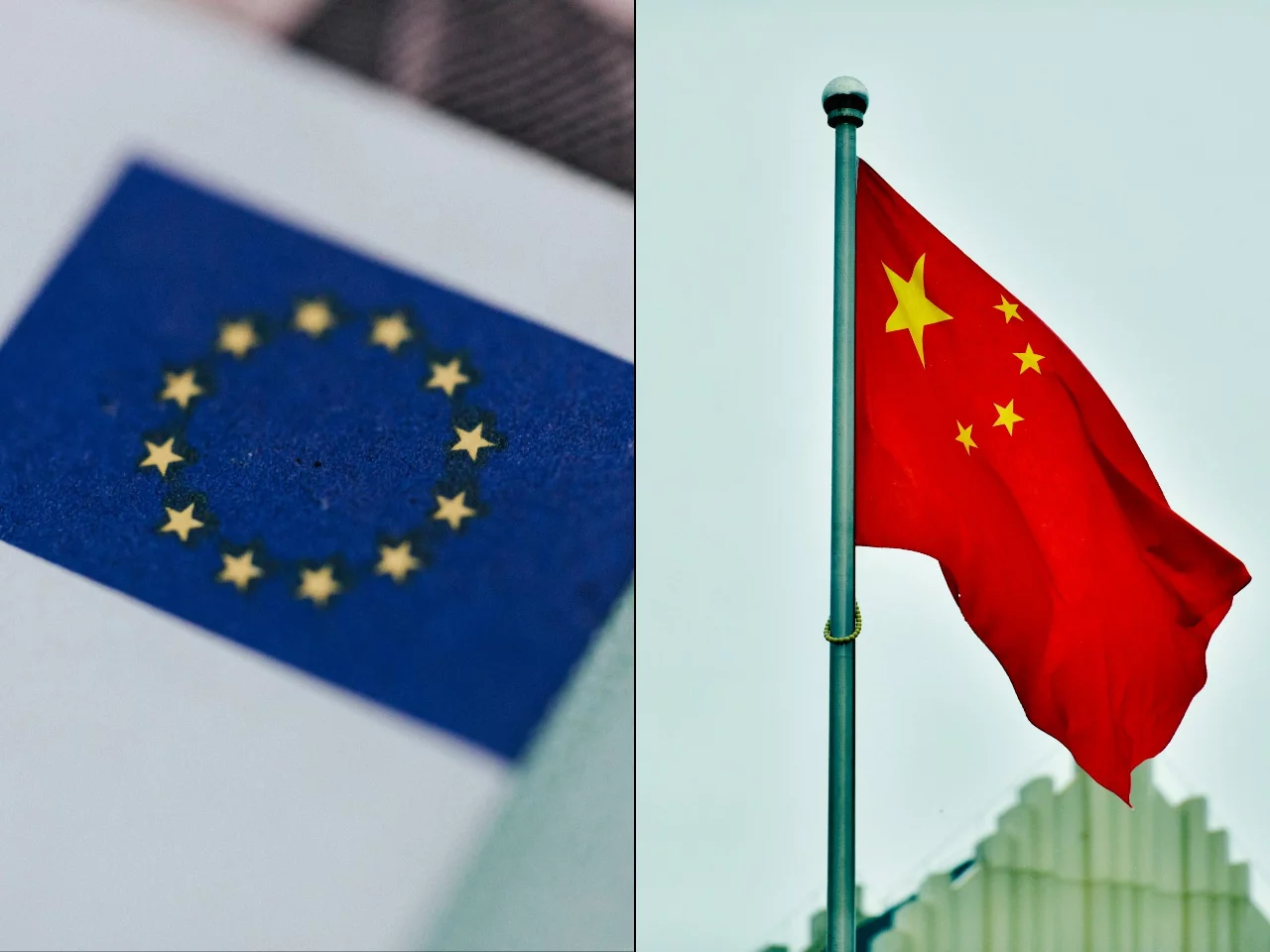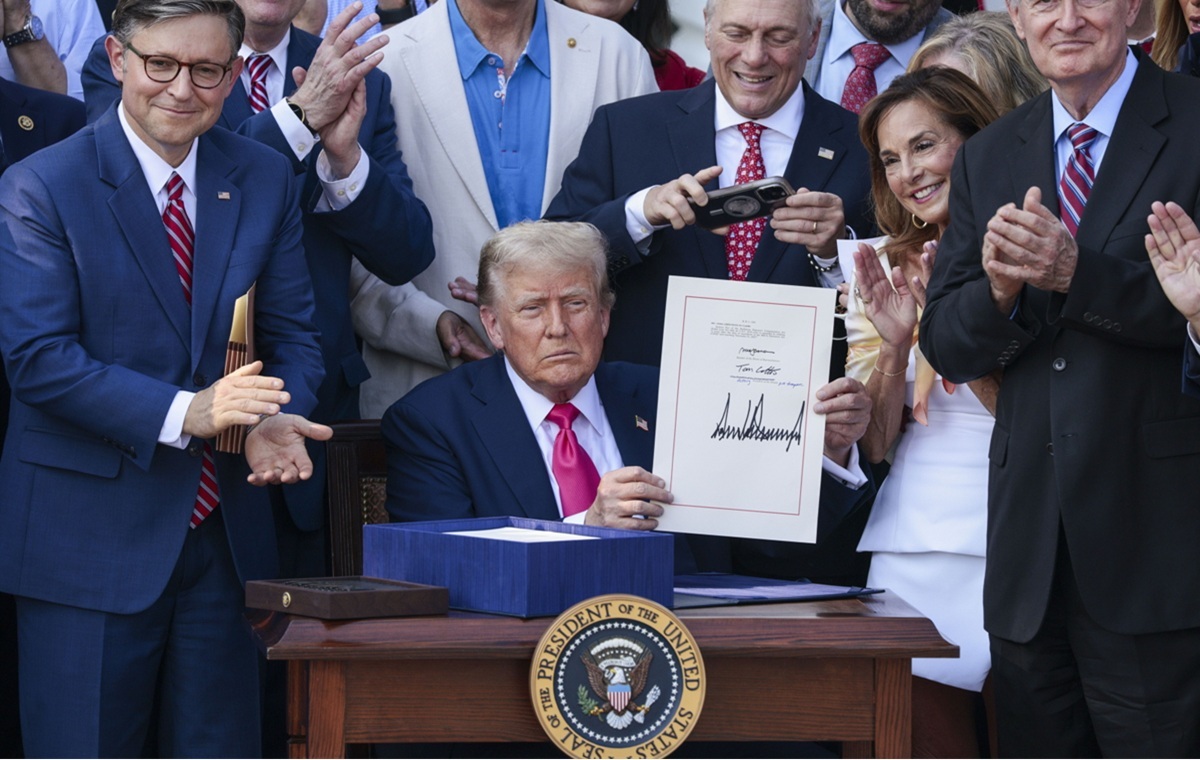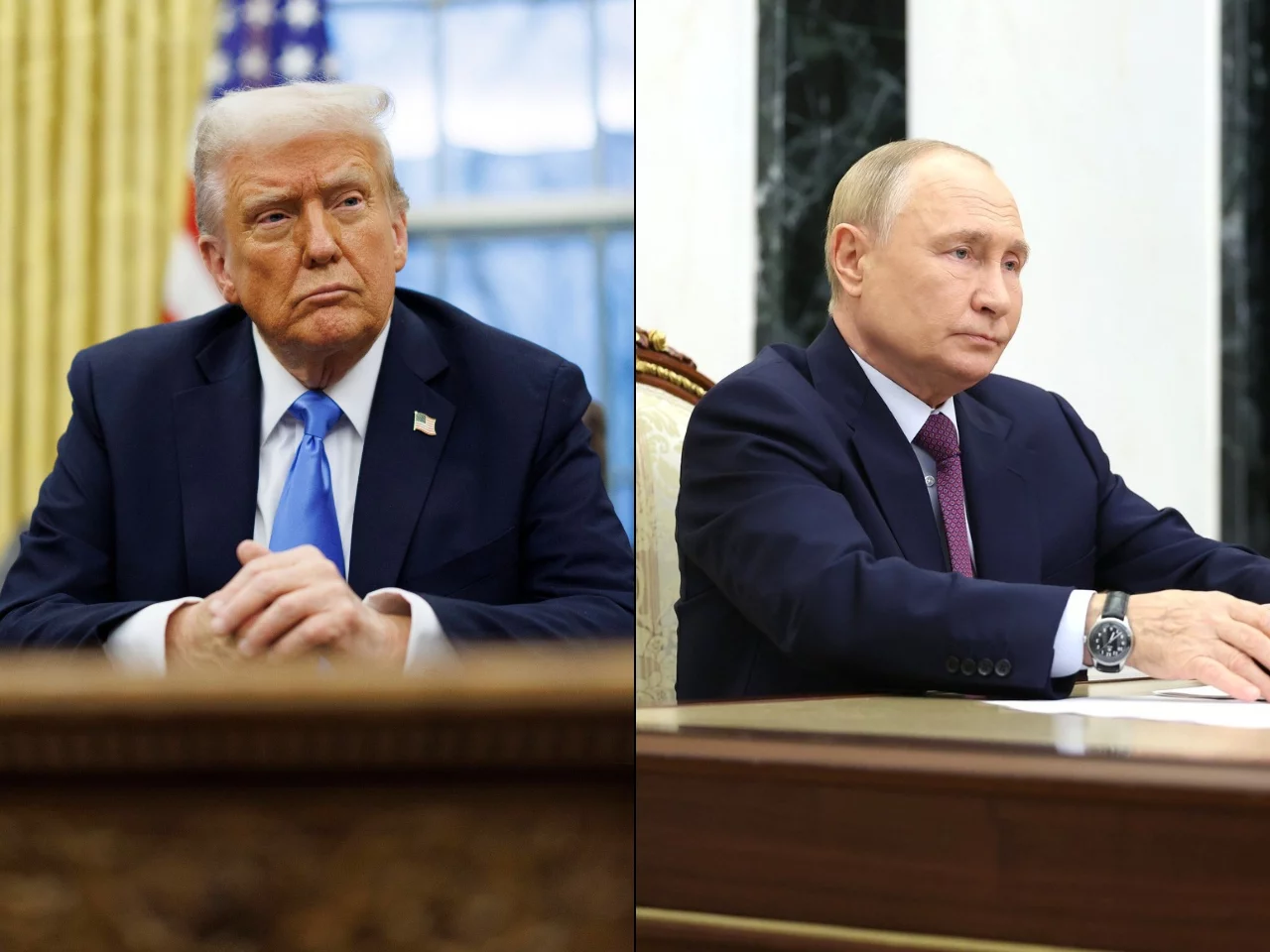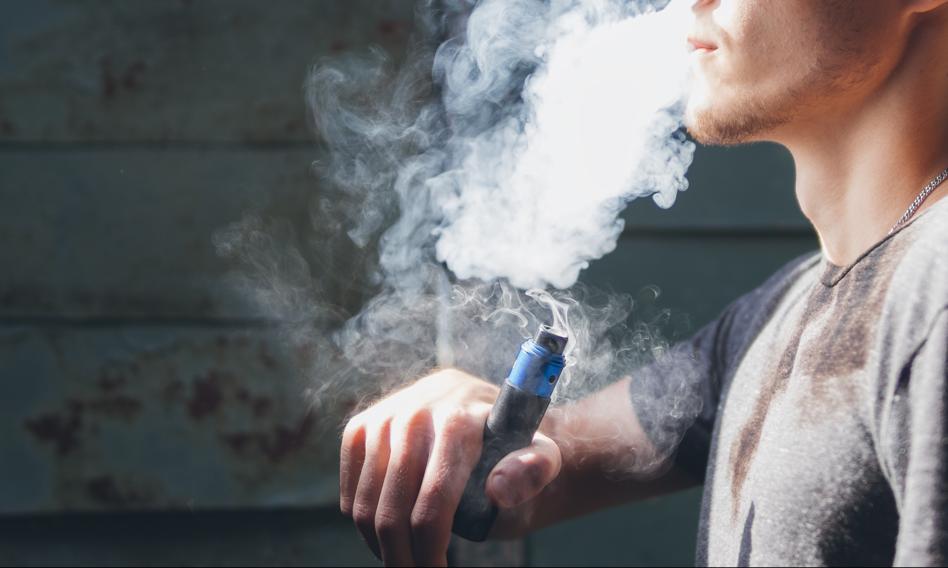MEP Anna Brylka.
Politico prepared a summary: what the European Union will argue about in the forthcoming Commission term. I recommend, due to the fact that these will besides be the subjects of our national debate:
–deportations vs. human rights
The Commission faces a serious challenge in developing a "return directive". To date, expulsion of an illegal immigrant is simply a process of ineffective and organisational and legal problems. There is besides an thought on the table to make immigrant centres outside the EU where immigrants would wait for an entry decision.
–extension vs hazard of interior division
Eurocrats' dreams of an imperial Union collide with sad reality. Following Russia's attack on Ukraine, the EU opened its arms — symbolically — to Ukrainian and Moldovan membership applications, starting a process likely to take years to complete. Among the broad statements of support for enlargement from EU capitals, there are concerns that allowing densely populated countries specified as Ukraine to flood the EU interior marketplace with inexpensive labour and products, putting another members — especially neighbours like Poland — at a disadvantage.
– agriculture
Here the problems accumulate avalanchely and the stake is more than 1/3 of the European budget. Ursula von der Leyen throws himself between the utopian Green Deal, which eliminates European agriculture and the temptation to have any origin of income during the crisis. The fresh Agriculture Commissioner Christophe Hansen will find it very hard to keep a fragile consensus on agricultural reforms that would calm angry farmers by mitigating the environmental burden and expanding their income. This will only be a prelude to much more hard CAP negotiations before another multiannual financial position beginning in 2028.
– Competitiveness
Given the stagnation of the EU economy, nothing seems as crucial as restoring EU competitiveness. Whether it is America's dominance in artificial intelligence or the fresh outbreak of Chinese exports of electrical vehicles, European companies are eaten by their abroad rivals. Here again we see a teardrop in the commissioners' minds. On the 1 hand, the desire to turn Europe into a technological open-air museum, an industrial-free nature reserve, and on the another hand, the desire for the full of Europe to cover a layer of certificates, regulations and directives (Clean Industrial Deal) is inactive prevailing, and on the another hand, any jealousy takes on that others (US and China) are developing and richer. Ideas to change the situation: none!
– censorship vs. network security
During the first word of von der Leyen, the EU has developed any of the world's most far-reaching rules on the digital world, namely the AI Act covering artificial intelligence and the Digital Services Act (DSA), which includes online platforms. The European Commission is simply a small disgusted, but freedom of speech has its limits, and the net is not to criticize what the enlightened EU Commissioners have deemed appropriate. Do you not like "scientific consensus", "political priorities", "human rights"? You'll reconsider in the privacy of the prison cell...
– Security vs. expenditure
If the EU is to take greater work for its own security, it will require immense investments in countries that are not accustomed to spending large sums in defence. Von der Leyen identified EUR 500 billion of investments needed to strengthen the military-industrial apparatus. The only problem is where to find them?
– green targets vs. portfolios
Clean Industrial Deal promises to be 1 of the most crucial legislative efforts of the next Commission, with the aim of expanding investment in clean technologies and energy-intensive sectors to keep Europe's economy moving without losing sight of the green targets of the block. However, “how” remains a mystery, given the reluctance of EU countries to put money on the table. Clean Industrial Deal will have respective fathers. The most crucial are Teresa Ribera and Stéphane Séjourné, who will oversee the implementation of the general plan, but 1 of its key elements, the alleged Industrial Decarbonization Accelerator Act (the Act aimed in rule to aid clean up the sectors most emitting carbon dioxide), will be the work of the European climate commissioner Wopke Hoekstra, who will besides be busy in trying to finalise talks on the energy improvement directive, which will regulate taxation rates for different forms of energy.
– National interests vs. EU priorities
One of the most politically delicate topics in Brussels is simply a budget of EUR 1.2 trillion, which regulates expenditure on everything. hawks east European countries and Nordic countries, including Poland and Sweden, want to increase EU defence spending, while confederate countries specified as Italy and Greece would like more money for “migration management”. The Commission would like the capitals to implement key economical reforms in exchange for access to part of EU money. However, countries receiving most funds — mainly in east Europe — are not fans of this approach. In 2025 EU countries should set their red lines for budgetary negotiations.
Politico prepared a summary: what the European Union will argue about in the forthcoming Commission term. I recommend, due to the fact that these will besides be the subjects of our national debate:
- deportations vs. human rights. The Commission is facing a major challenge in developing a “return directive... pic.twitter.com/UH02wyZpW7

















